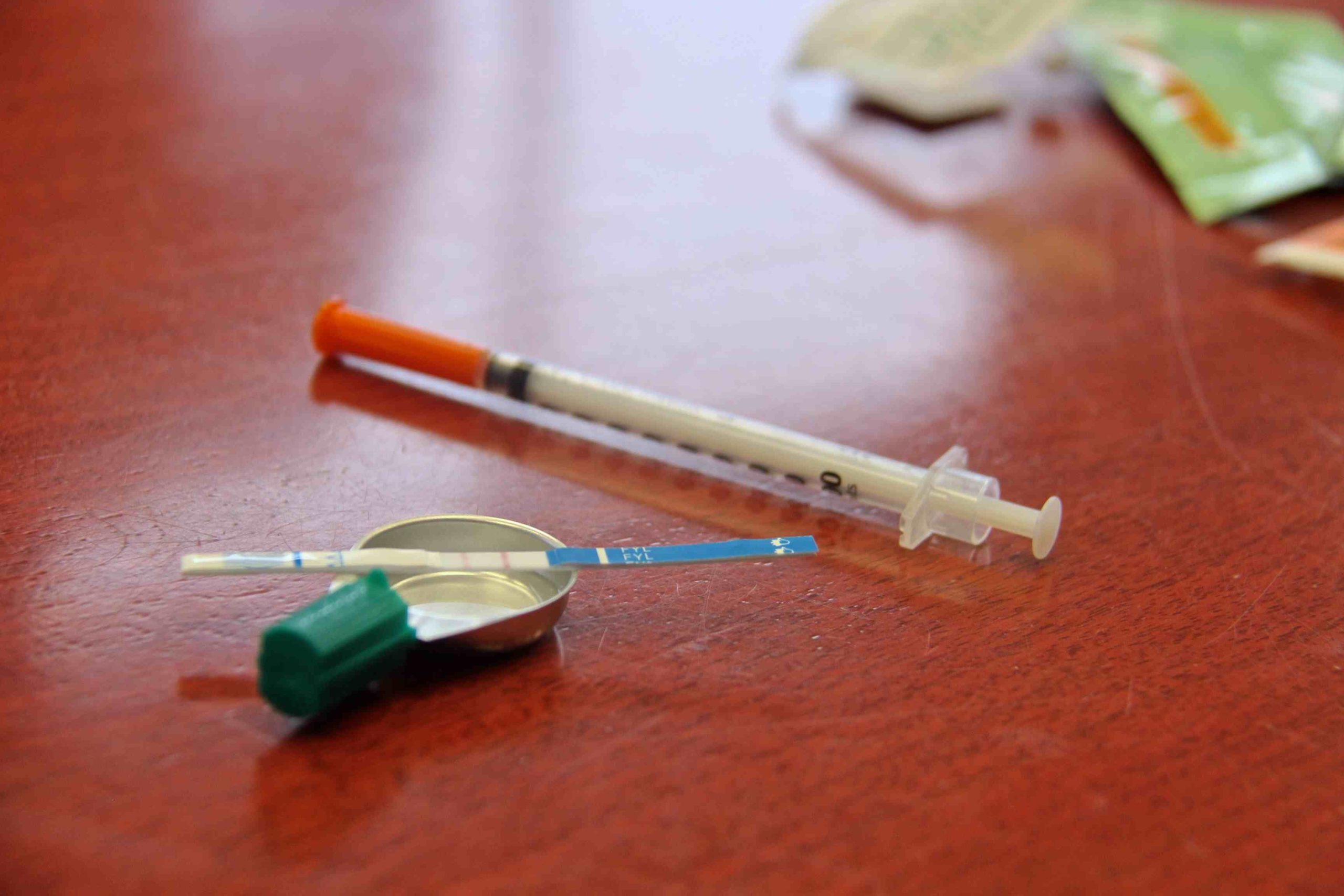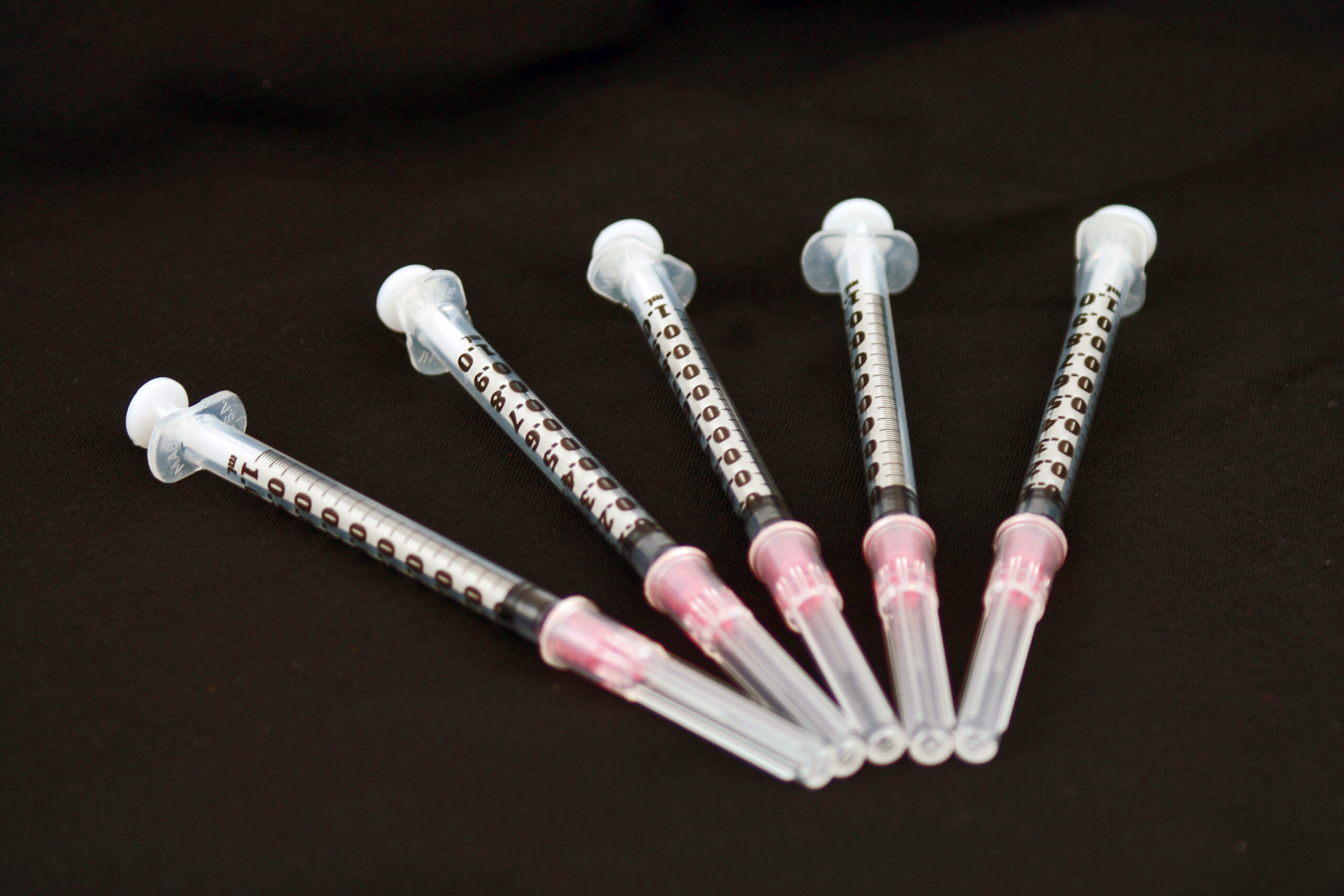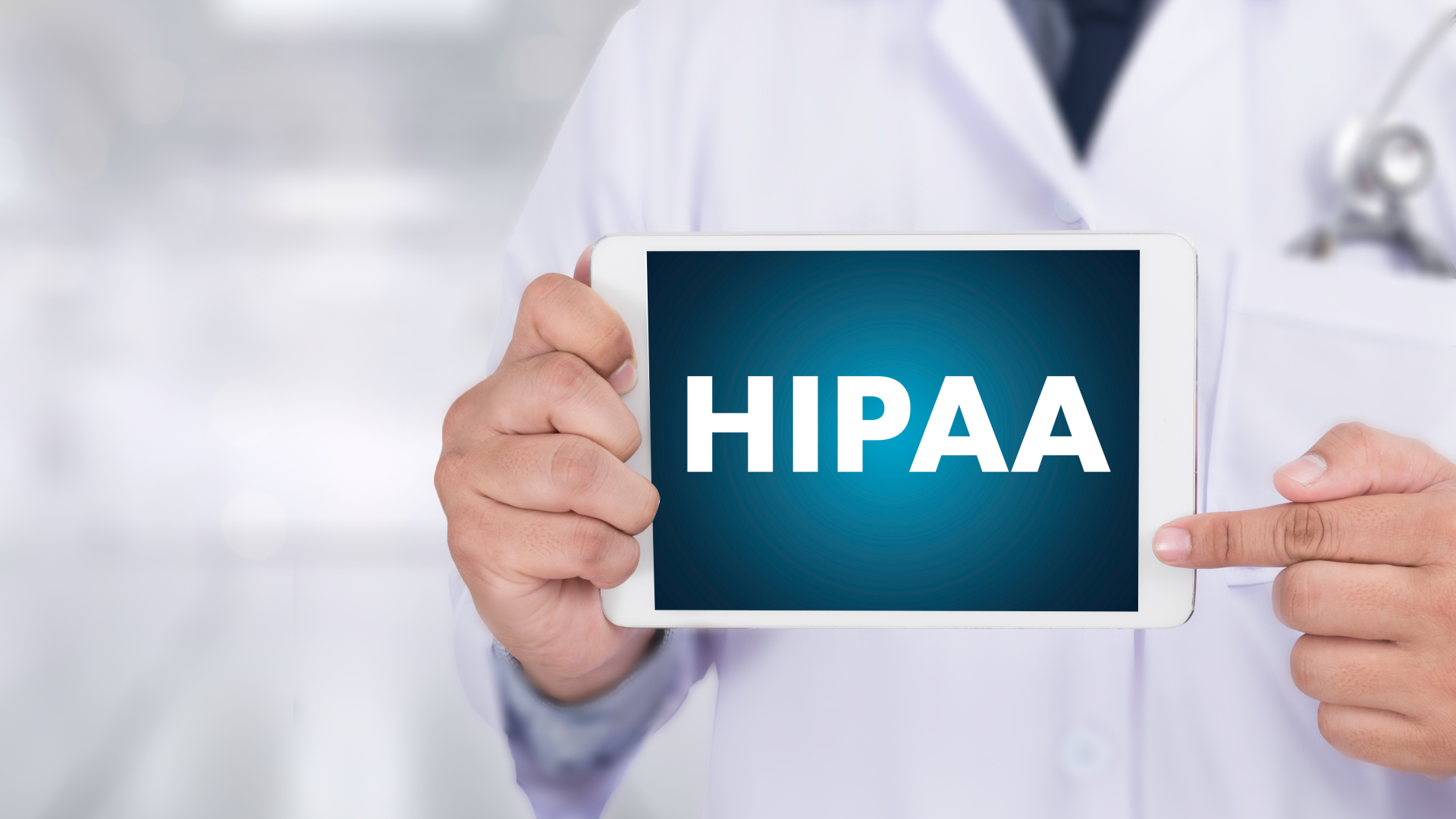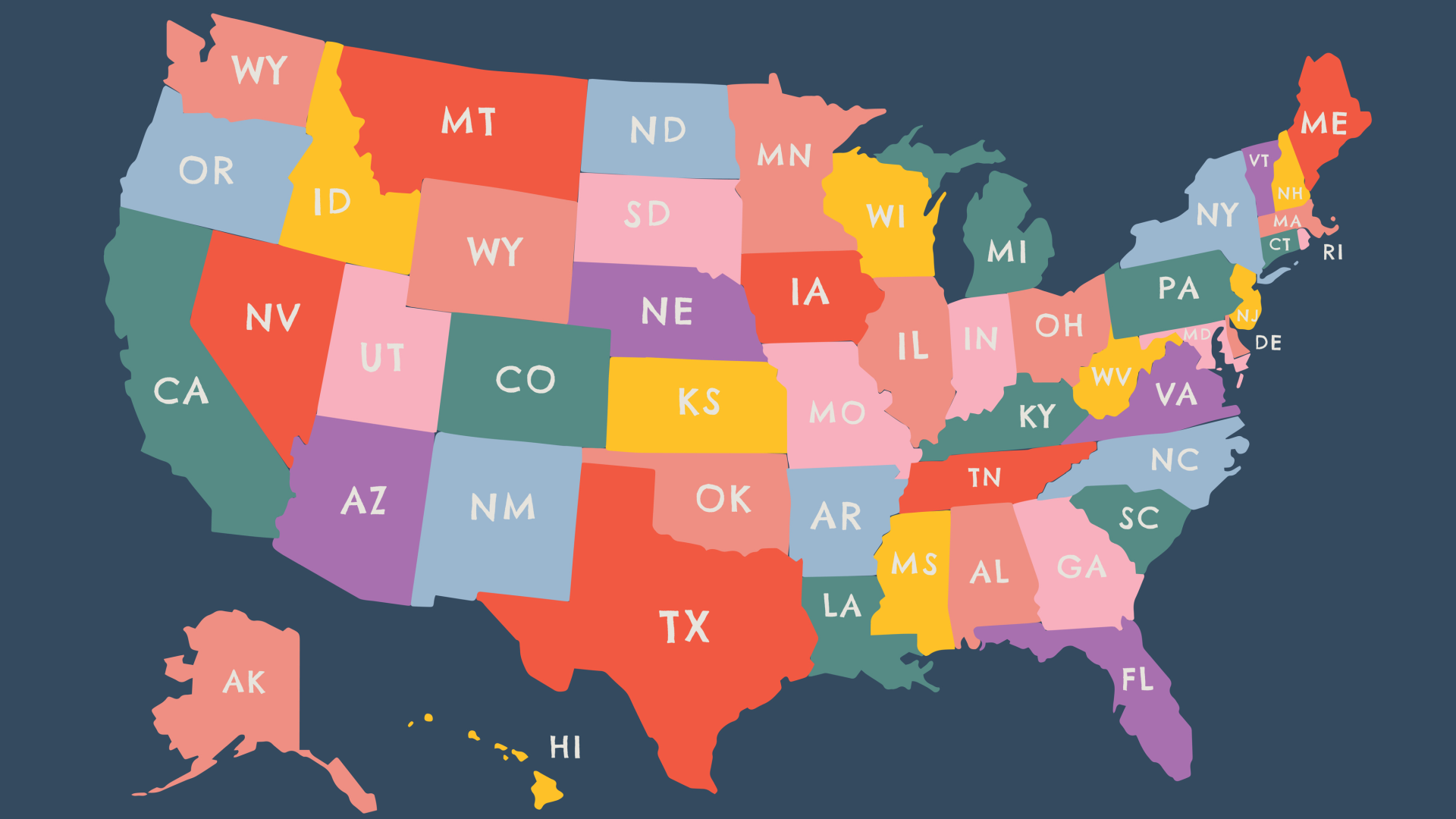Collateral Consequences of Criminal Justice Involvement
In this fact sheet the Legislative Analysis and Public Policy Association (LAPPA) provides an overview of the collateral consequences of becoming involved in the criminal justice system. Some of these consequences can include losing the right to vote, losing the right to serve on a jury, and losing the right to own a firearm, and often the barriers put in place against a charged individual and the consequences have no relation to the criminal offense. ...












